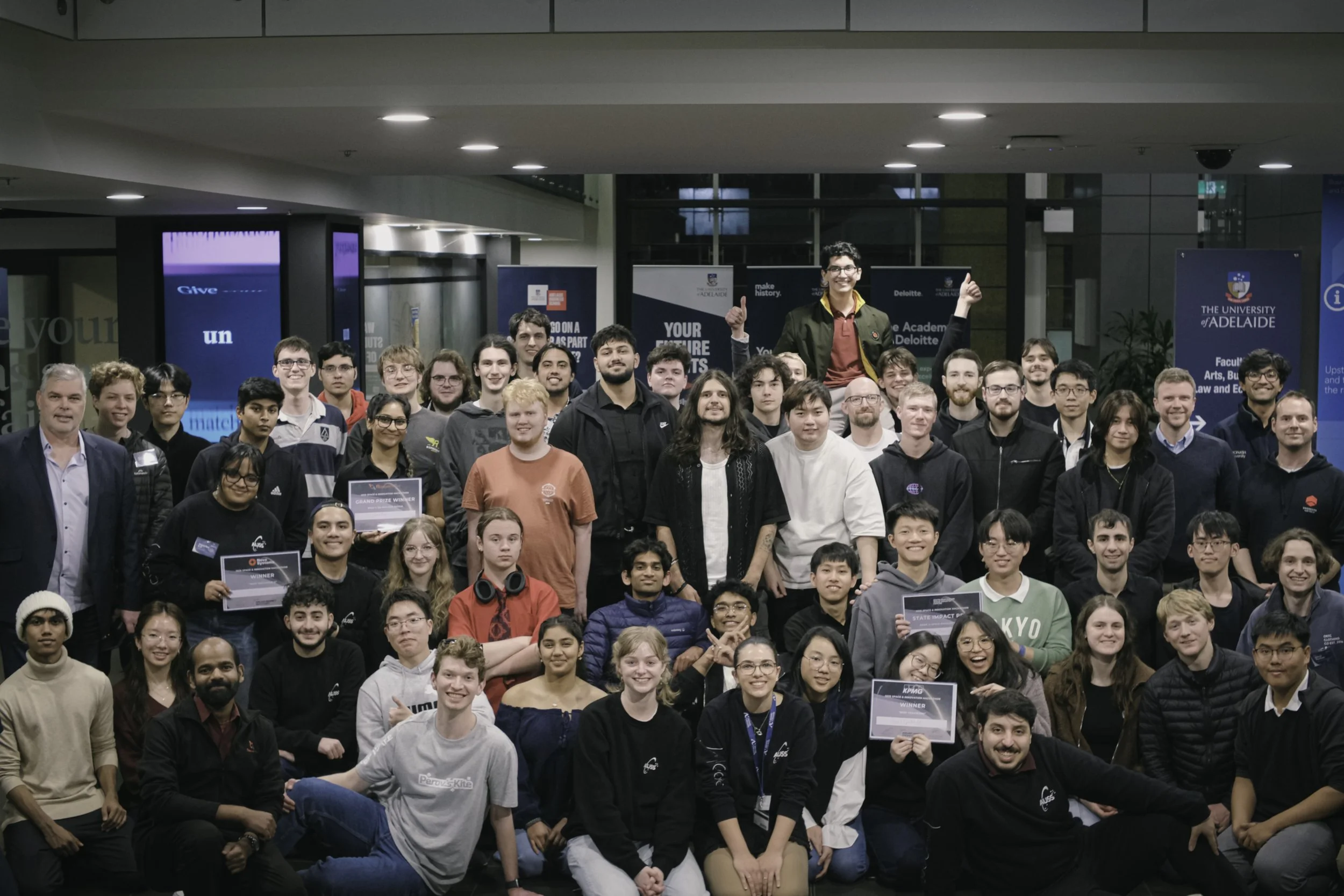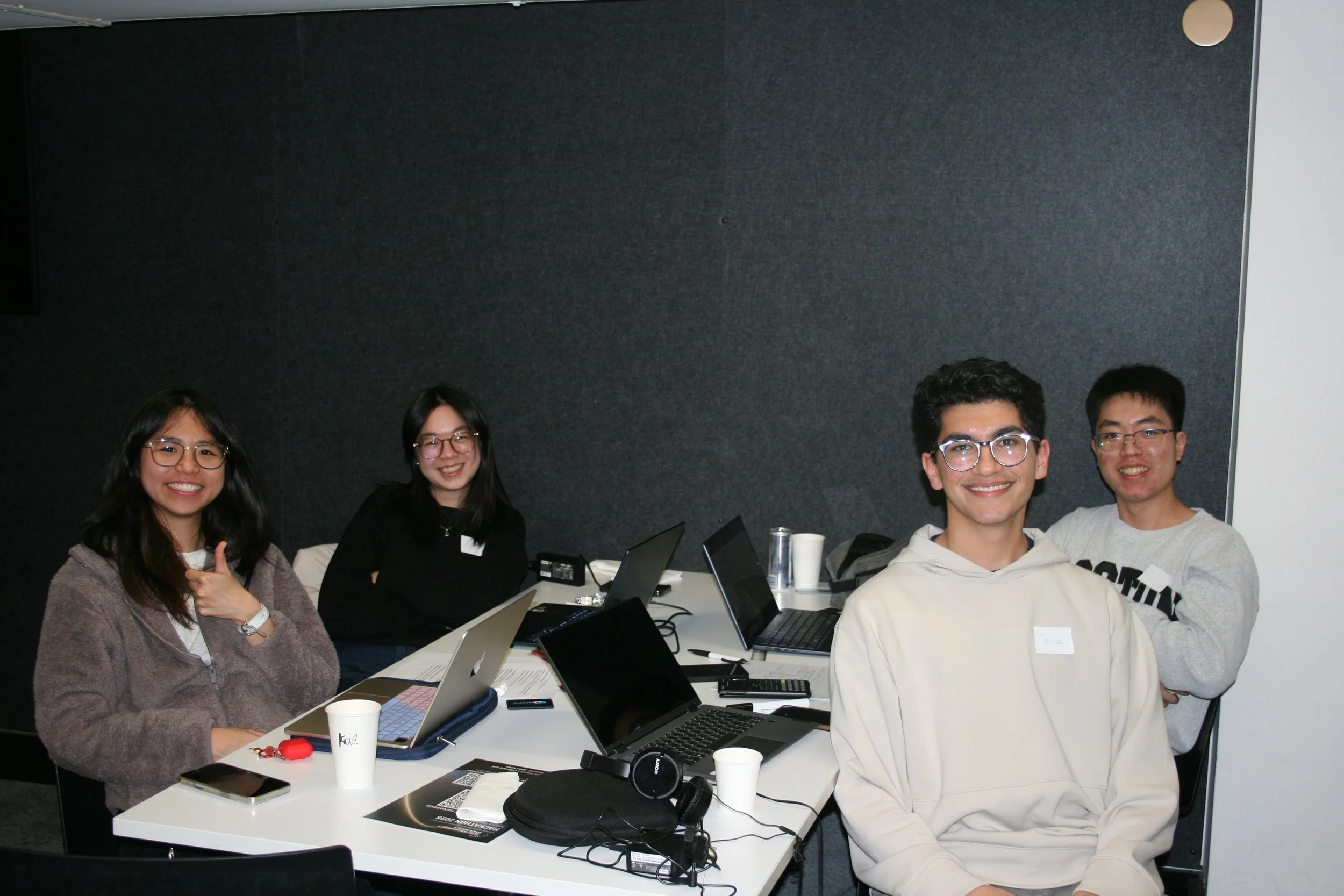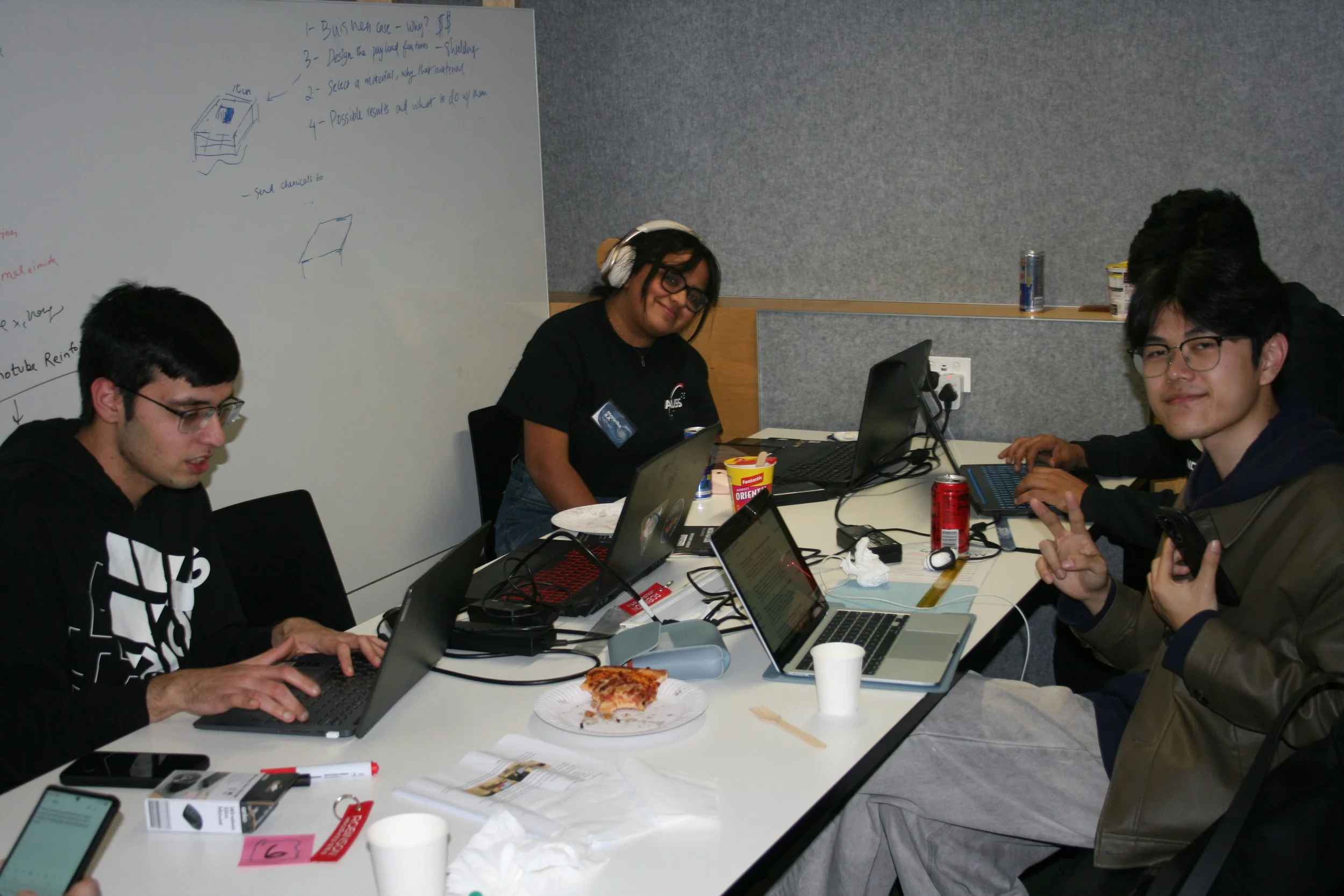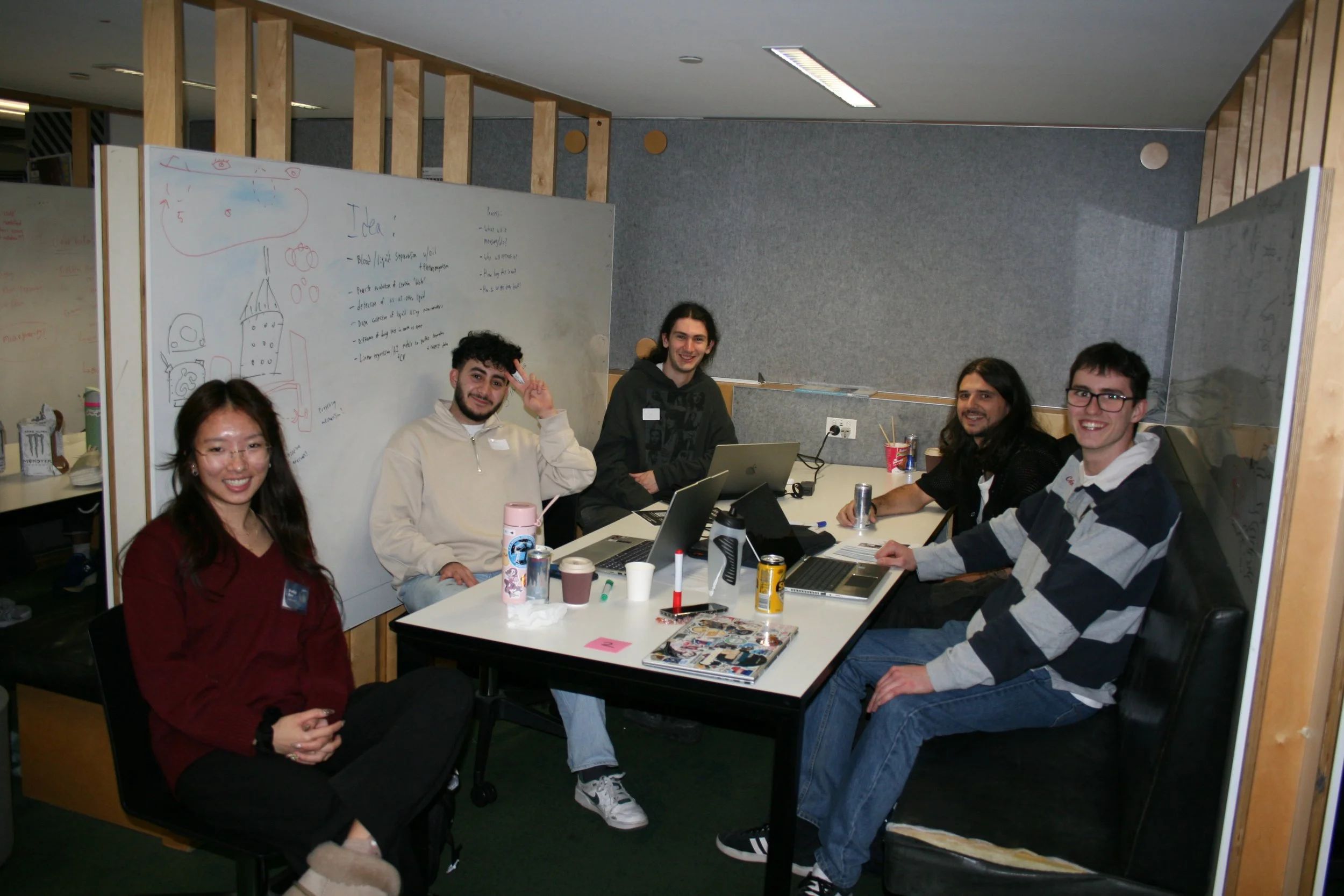2025 Space and Innovation Hackathon
Winning Payload to go to ISS in 2026
The highlight of this year's hackathon was an extraordinary partnership opportunity with ResearchSat. The winning team has earned the chance to spend the next six months collaborating directly with ResearchSat's engineering team to further develop and refine their payload concept.
Most remarkably, this student-developed technology will fly on an actual ISS mission scheduled for 2026! This is a first for undergraduate students to see their work transition from hackathon concept to space-qualified hardware operating in the International Space Station's unique microgravity environment.
The winning hydroponics solution addresses critical challenges in sustainable food production for long-duration space missions—a fundamental requirement for future deep space exploration. This collaboration not only provides invaluable real-world engineering experience but also contributes meaningfully to humanity's expansion into space.
The Adelaide University Space Society successfully hosted our annual Space and Innovation Hackathon last weekend in the basement of the Nexus 10 Tower on the North Terrace campus, delivering an exceptional weekend of innovation and industry engagement.
The event achieved full capacity through an outstanding turnout—double the number of teams compared to last year. This remarkable growth reflects months of dedicated planning and strategic outreach by our committee. The transformation of the venue into a dynamic hub of innovation, with teams of 3-5 students each addressing critical challenges in space exploration, demonstrated the growing interest in space technology among our student community.
Over an intensive 24−hour period, participants were challenged to develop innovative startups addressing major obstacles facing space exploration globally. Teams didn't just create product solutions, they built comprehensive business models designed to take their ideas from concept to thriving enterprise. The weekend culminated in dynamic pitch presentations to a distinguished panel of industry representatives who evaluated each team's innovation and business acumen.
The quality of mentorship and industry engagement was exceptional throughout the weekend. Our industry presenters, mentors, and judges provided invaluable insights that elevated the standard of innovation and business planning across all participating teams. We extend particular recognition to Jibin Jeffrey Dhanaraj, CTO at ResearchSat, and Campbell Pegg, Director Space at SASIC, for their instrumental support in developing this year's challenge briefs, which successfully bridged academic learning with real−world industry problems.
This event wouldn't have been possible without our amazing sponsors:
Supernova Level: Silentium Defence, ResearchSat
Milky Way Level: Nova Systems
Nebula Level: Southern Launch, KPMG, Boeing, SASIC, Engineers Australia
All participating teams demonstrated a remarkable innovation mindset and professionalism throughout the intensive 24−hour challenge. The creativity, technical problem−solving, and business acumen displayed by our student participants reflects the high calibre of talent within our university community.
This event has provided participants with substantial experience in innovation methodology, business planning, and collaborative problem−solving—competencies that will serve them well in their future careers, whether pursuing opportunities in the space industry or other technology sectors.
The success of this year's event establishes a strong foundation for future years and reinforces AUSS's commitment to connecting students with real−world space industry challenges and professional development opportunities.
Check out the rest of the Hackathon photos here!










